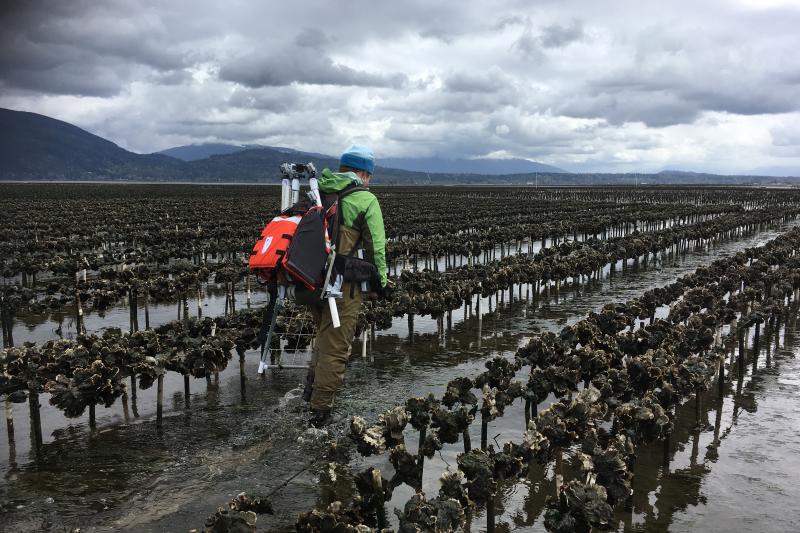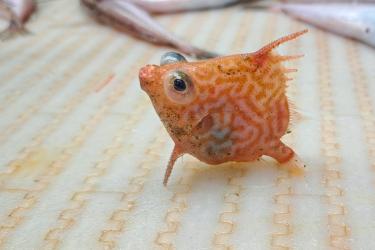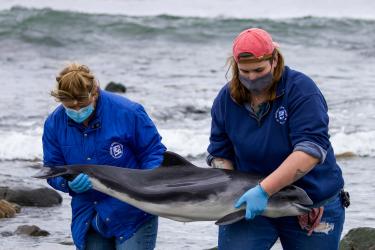Aquaculture Week is our yearly opportunity to highlight the aquaculture community’s accomplishments and impacts. As we celebrate, it is important that we not downplay the impact that COVID-19 has had on our partner organizations, the seafood supply chain collectively, and our nation. While the challenges have been substantial, we want to recognize the commitment and resilience shown by the aquaculture community.
In a year of uncertainty we are also proud of the progress NOAA Fisheries has made to advance sustainable aquaculture. We are working to create an era of opportunity for domestic aquaculture. These efforts seek to complement our valuable wild-capture fisheries, and foster another viable option for growing healthy seafood sustainably and expanding economic opportunities in our coastal communities. We recognize that aquaculture can increase and diversify seafood production. It can also expand and stabilize seafood supplies in the face of economic uncertainty and climate change.
It will be imperative that the world community, including the United States, develops aquaculture to its full sustainable potential as a key adaptation for mitigation and food production. The global population is expected to reach nearly 10 billion by 2050. Traditional land-based agriculture consumes more than half of all arable land and 70 percent of the world’s fresh water resources. The intensifying magnitude and frequency of droughts, storms, and other climate- and weather-related events have revealed the vulnerability of land-based agriculture to these shocks.
While not immune to the effects of climate change, ocean-based aquaculture operations require less or sometimes no fresh water and fewer land resources. Seafood farming presents a novel set of resilience opportunities and there is great potential to reduce pressure on limited land-based resources and freshwater by farming fish, shellfish, and seaweeds in the ocean.
Here in the U.S. we are expanding responsible aquaculture through efforts to identify Aquaculture Opportunity Areas in marine waters. Using a combination of scientific analysis and public engagement, NOAA is identifying defined geographic areas that are environmentally, socially, and economically appropriate for commercial aquaculture. Fostering our aquaculture industry with careful siting consideration will minimize conflicts with other ocean users and environmental resources and maintain our commitment to ocean stewardship.
We are also working with partners, farmers, and educators to create open and transparent communication and accessibility. Enhancing aquaculture literacy helps community members, both individually and collectively, to confidently participate in seafood discussions and understand the challenges and opportunities of seafood farming. Additionally, as the U.S. aquaculture industry continues to expand, we are working to create and maintain a community that reflects the rich diversity of our country through both grant opportunities and a monthly aquaculture diversity series. As an agency and member of the aquaculture community we must not only strive for diversity and inclusion, but celebrate it.
While there is still work to be done, we are seeing a growing sense of urgency and optimism built around sustainable aquaculture. I welcome you to join NOAA Fisheries and our partners to celebrate Aquaculture Week and the unique opportunities domestic aquaculture provides for healthy communities and a healthy planet.
Janet Coit, Assistant Administrator for NOAA Fisheries



